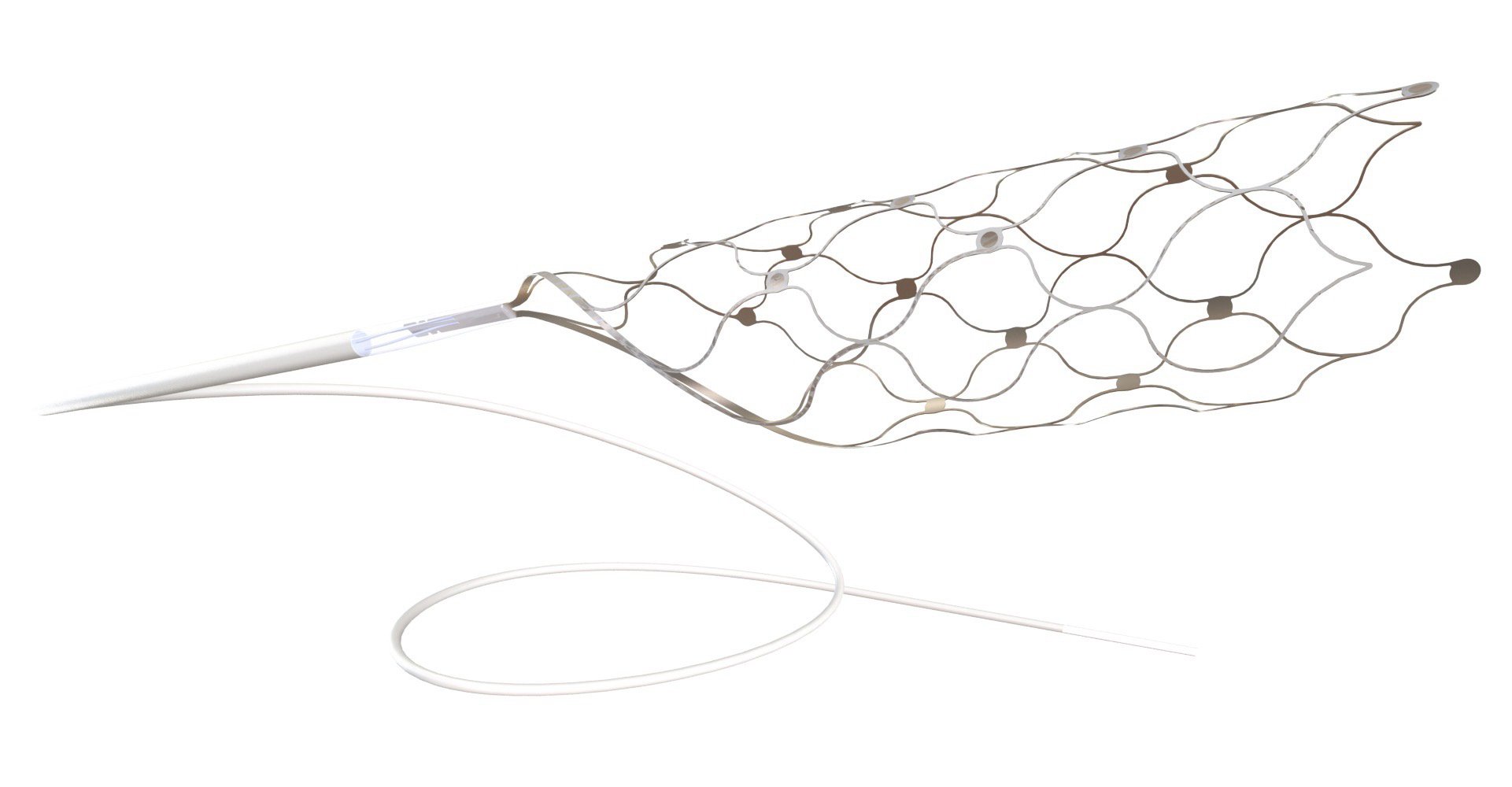Request Demo
Synchron takes stake in miniaturized implant tech maker Acquandas
01 Feb 2024
Executive Change

Preview
Source: FierceBiotech
Synchron's brain-computer interface centers around a small, stentlike device that’s sent through the jugular vein to reach the surface of the brain. Once there, its tiny electrodes collect neurological signals that are then transmitted to a mobile app.
As clinical trials of its brain-computer interface progress, Synchron is laying the groundwork for the technology’s eventual commercial rollout.
That includes, most recently, taking on an equity stake in Acquandas, a German maker of tiny, high-tech components for medical devicemakers, among other clients.
Synchron announced the transaction in a Thursday release, in which founder and CEO Tom Oxley, M.D., Ph.D., noted, “As we pioneer functional endovascular neurotechnology, this investment strengthens our technology innovation and supply chain for our unique product offerings, beginning with brain-computer interfaces.”
Acquandas’ miniaturized metallic products include flexible, micro-patterned thin films that can be used in the construction of pared-down medical implants and are made of biocompatible nitinol to prevent adverse reactions when placed in the human body.
Synchron, which already has a partnership in place with the component maker, noted in the announcement that tapping into Acquandas’ technology allows it to create “a unique product offering in the implantable medical device industry.”
The New York-based company is currently in the process of trialing its Synchron Switch system. The brain-computer interface centers around a small, stentlike device that’s sent through the jugular vein to reach the surface of the brain—a process that requires only a minimally invasive endovascular procedure rather than the craniotomies conducted for the placement of competing devices. Once there, its tiny electrodes collect neurological signals that are then transmitted to a mobile app, where algorithms translate those thoughts into controls of a smartphone or tablet.
Synchron recently completed patient enrollment of its U.S.-based COMMAND trial, which recruited six patients with severe paralysis to assess the safety of the device and whether it could help translate thoughts into digital actions such as texting, emailing and shopping online. An earlier study in Australia showed that the device remained safely in place after one year in all four of its participants, one of whom was also able to use the technology to send what Synchron described as the first tweet crafted using direct thought.
Next up, the Fierce 15 honoree is planning to launch a U.S. pivotal trial of the technology, the results of which would be used to apply for FDA approval of the device.
In other recent moves to prepare for that hopeful regulatory green light, Synchron announced at the start of this year that it had appointed Banerjee as its new CTO. Previously a longtime veteran of Medtronic’s neuromodulation division and, since 2021, Synchron’s VP of R&D, she took over the tech chief role from Nick Opie, Ph.D., who’d held the title since he co-founded Synchron and who remains on the board.
For more details,please visit the original website
The content of the article does not represent any opinions of Synapse and its affiliated companies. If there is any copyright infringement or error, please contact us, and we will deal with it within 24 hours.
Organizations
Indications
Targets
-Drugs
-AI Agents Built for Biopharma Breakthroughs
Accelerate discovery. Empower decisions. Transform outcomes.
Hot reports
Get started for free today!
Accelerate Strategic R&D decision making with Synapse, PatSnap’s AI-powered Connected Innovation Intelligence Platform Built for Life Sciences Professionals.
Start your data trial now!
Synapse data is also accessible to external entities via APIs or data packages. Empower better decisions with the latest in pharmaceutical intelligence.





